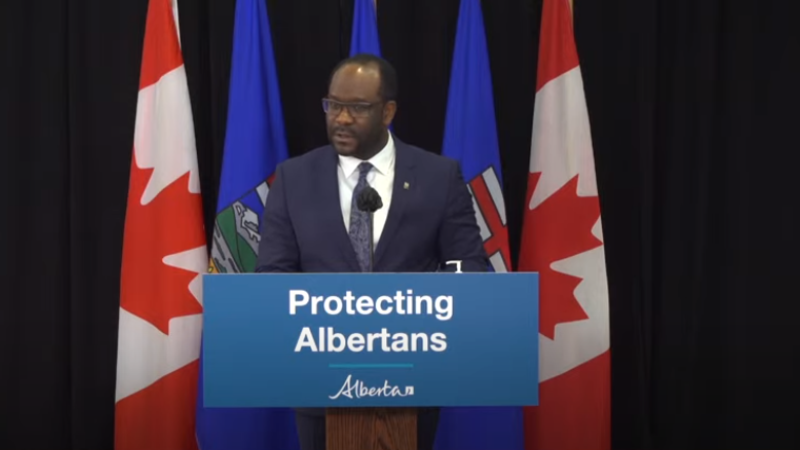
New Alberta Parole Board created to ‘better protect Albertans’
LETHBRIDGE, AB – Alberta’s Justice Minister has announced the creation of a new provincial parole board.
Kaycee Madu says the Alberta Parole Board aims to provide a “fairer, faster, more responsive and responsible justice system” that protects the public from repeat offenders, including parolees.
“Given the lack of action by the federal government in addressing Alberta’s request for a fair deal in Confederation, the Alberta government must continue to assert its jurisdictional authority where it can, like a provincial parole board,” says Madu.
“The provincial government has assembled a skilled, diverse, and experienced team, and I have the utmost confidence in the Alberta Parole Board members to deliver fair decisions on behalf of Albertans.”
